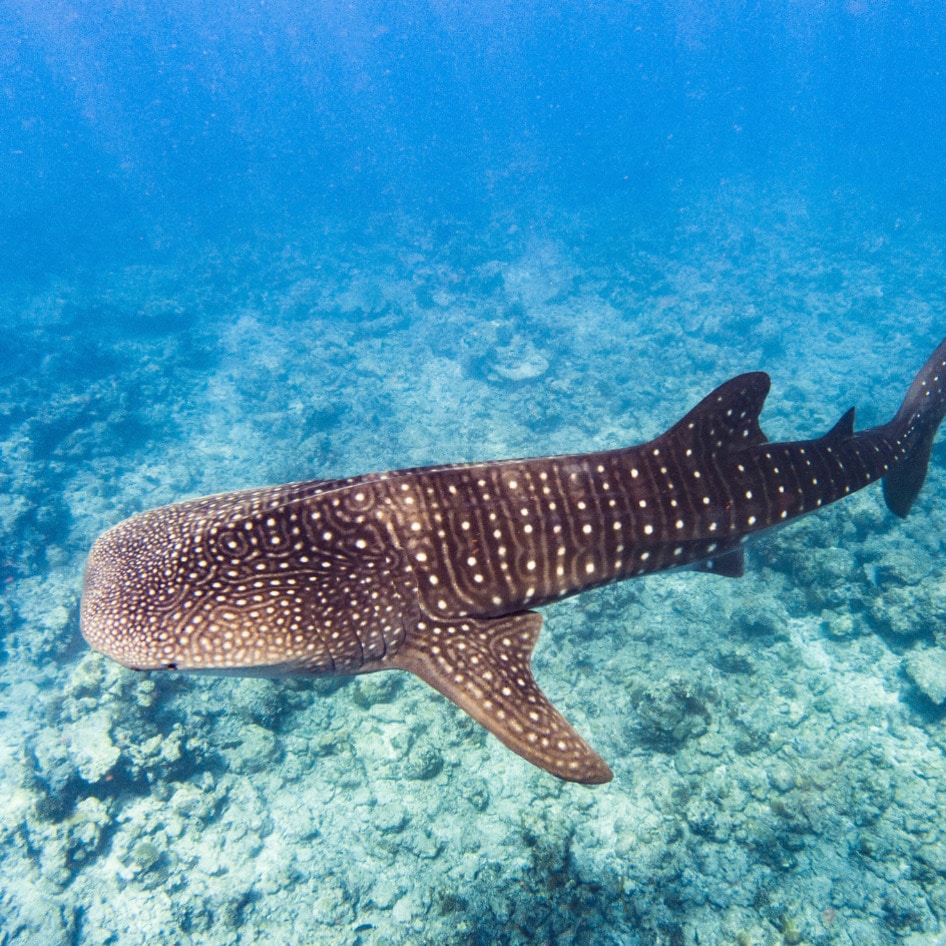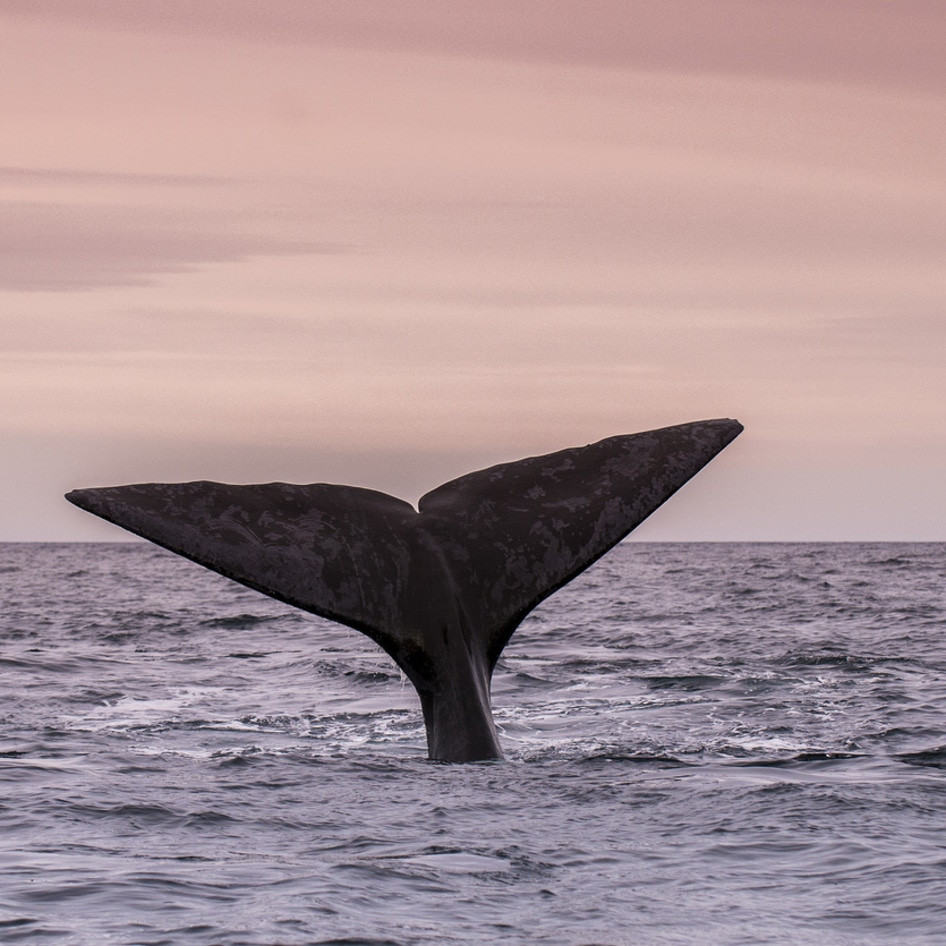More than half of the world’s whale, dolphin, and porpoise populations face extinction threats because of harmful human activity such as incidental bycatch by fisheries, chemical and noise pollution, global warming, and ship strikes. Recently, more than 300 cetacean experts from more than 40 countries around the world signed an open letter to global leaders calling for action to address the situation. Without urgent action, the scientists predict the Northern Atlantic right whale and vaquita, among others, could vanish. Currently, 13 species are listed as critically endangered or endangered, seven as vulnerable, and seven as near threatened. Additionally, 32 subspecies and other cetacean populations are either endangered or critically endangered.
“The lack of concrete action to address threats adversely affecting cetaceans in our increasingly busy, polluted, over-exploited and human-dominated seas and major river systems, means that many [populations], one after another, will likely be declared extinct within our lifetimes,” the statement warns. “Whales, dolphins, and porpoises are seen and enjoyed all over the world, and are valued as sentient, intelligent, social, and inspiring species; we should not deny future generations the opportunity to experience them. They are also sentinels of the health of our seas, oceans, and, in some cases, major river systems and the role of cetaceans in maintaining productive aquatic ecosystems, which are key for our survival as well as theirs, is also becoming clearer.”
The scientists are calling on countries with cetaceans in their waters to take precautionary action, including fully resourced monitoring to observe and address activities at sea, addressing fishing-related threats through regional fisheries bodies, and that all nations work to strengthen international groups such as the International Whaling Commission and the Convention for the Conservation of Migratory Species of Wild Animals.
JUMP TO ... Latest News | Recipes | Guides | Health | Subscribe







